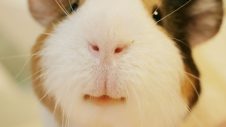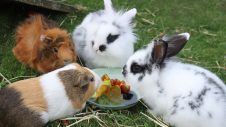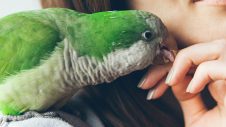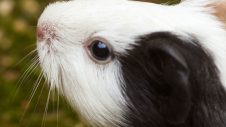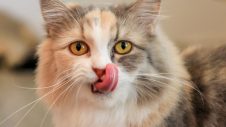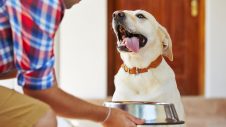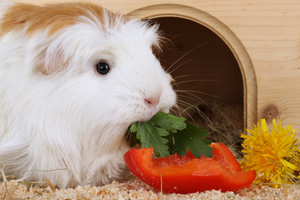 The dietary needs of rats, mice and guinea pigs are a little more complex than just buying a seed and grain mix from the pet store or supermarket. Dr Jenny Eales from Greencross Vets Eastwood House gives some advice on how to cater to their requirements.
The dietary needs of rats, mice and guinea pigs are a little more complex than just buying a seed and grain mix from the pet store or supermarket. Dr Jenny Eales from Greencross Vets Eastwood House gives some advice on how to cater to their requirements.
As with any other pet, these small mammals have important nutritional needs and a complete diet is necessary to keep them healthy and happy. Despite their size, they always need to have food and water available because of their rapid metabolism. Water containers need to be cleaned and refilled daily, with ideally more than one water point in case one becomes blocked or leaks. Dripper style water bottles that hang on the inside of the cage are best to minimise spillage.
Although rats, mice and guinea pig are all rodents, they require vastly different diets.
Rats and mice are omnivores, and would eat just about anything they could which is not necessarily good for them! Ideally, rats and mice in captivity should be fed a well-balanced, high protein (around 16%), low-fat diet, such as a formulated commercial food by Oxbow or Vetafarm.
Mice need to be fed a diet containing the correct amounts of Magnesium and Vitamin A which is why a formulated commercial food should make up the majority of their diet. Growing mice (and reproducing mice) need a dietary source of folic acid, again an important component in a formulated diet. Small amounts of seeds and grains along with some fresh vegetables and fruit can also be added.
Rats require a diet that is higher in fibre and lower in fat than mice and as they are prone to obesity, any diet should be monitored closely. Diets based on seeds and grains should be avoided for this same reason. As rats incisor teeth are continuously growing, their diet should provide them with the ability to gnaw. Feeding vegetables such as carrots, along with a commercial rat pellet diet, can assist with this.
For guinea pigs, good quality hay should make up about 80% of their diet. The incisor and molar teeth of Guinea Pigs are constantly growing, so they need to grind tougher foods to keep them in check. Free access to good quality hay and grass helps grind down their teeth and provide the fibre component that is important to their health.
Like humans, guinea pigs cannot produce their own vitamin C, so they also need a small amount of a good quality pelleted diet to provide this important nutrient. A cup of fresh leafy greens, such as spinach, kale, Asian greens, and dark green lettuce varieties, should also be provided daily.
Fruits such as a few blueberries, a slice of orange, apple (no seeds), kiwi fruit or tomato can be fed as a treat, but should only be fed occasionally.
It is important to gradually introduce a new diet to any pet to avoid gastrointestinal upsets. If your pet develops loose stools, decrease the amount of the new diet for several days, then reintroduce it again in very small amounts.
Second helping?
It is normal for guinea pigs, rats and mice to eat their own faeces, which contain nutrient rich cecotropes. This coprophagic behaviour allows them to absorb essential nutrients that were not absorbed during the first pass through the digestive tract. It also helps them to develop a healthy gut flora.
For guidance and advice on your pocket pets 'nutritional needs, please contact your local Greencross Vets team.

 Greencross Vets
Greencross Vets 